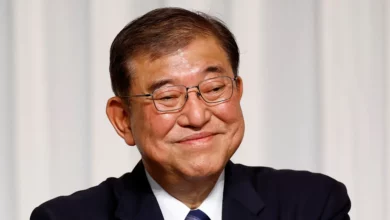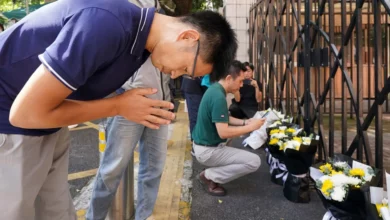
A government survey sparked by a discrimination scandal has found most Japanese medical schools admit male applicants at a higher rate than women, prompting further government investigation.
The unprecedented probe came after revelations last month that Tokyo Medical University routinely altered the scores of female applicants to keep down the number of women in the student body.
Preliminary data from the education ministry’s survey of all 81 medical schools over the past six years showed men were admitted at a higher rate than women, an education ministry official told AFP.
“If there are cases of misconduct like the Tokyo Medical University case, the government will step in to call for corrective measures,” the official said, speaking on condition of anonymity.
The survey found that 11.25 percent of male applicants were admitted overall, compared to 9.55 percent for women.
Several medical schools involved in the survey declined to comment when contacted by AFP.
But the survey said the institutions involved denied any systematic attempts to keep women out.
The ministry plans to investigate the issue further, including site visits and research into how entrance exams are conducted.
The head of the education ministry’s university entrance exams office told Jiji press agency that female applicants were generally more successful across the board at university entrance exams, for departments ranging from science to the humanities.
The ministry plans to issue a final report on the issue next month.
Tokyo Medical University acknowledged last month that it had routinely lowered the scores of female applicants on the belief that men would be better able to deal with the long hours required of doctors and women would quit their jobs after marrying and having children.
The alterations reportedly stretched back as far as 2006 and apparently aimed to keep the ratio of women in the school at 30 percent or lower.
The admission prompted local and international outrage, and discussion about entrenched gender discrimination in parts of Japan’s working world.
Prime Minister Shinzo Abe has made “womenomics” — or boosting women’s participation in the workplace and promoting women to senior positions — a priority, but the pace of progress has been slow.




